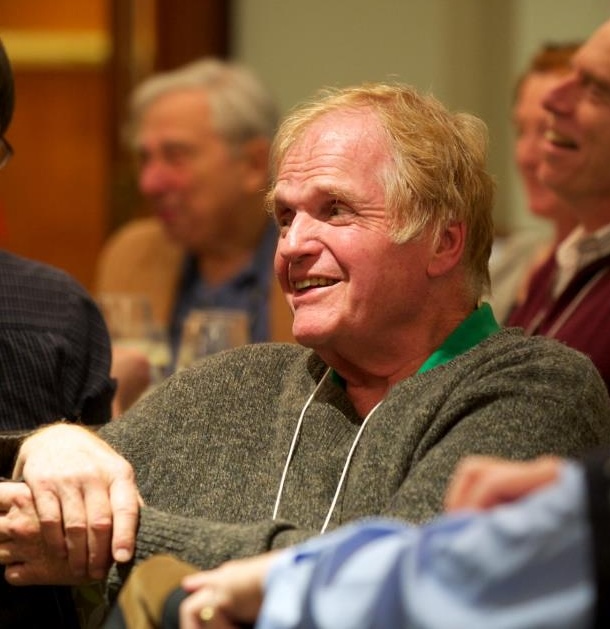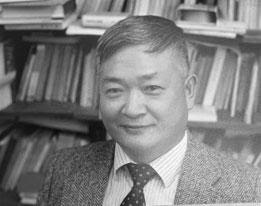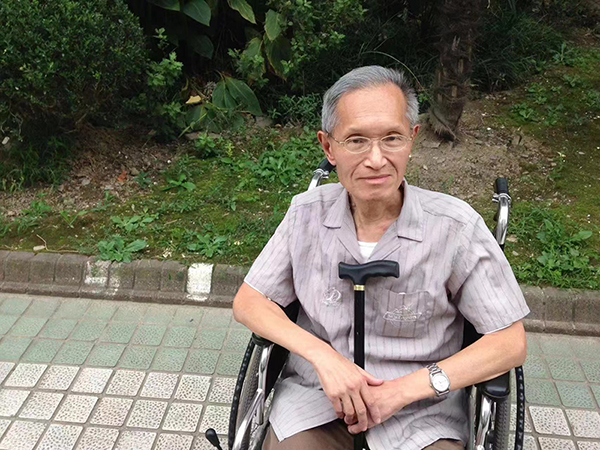I learned about Martin Kay's recent passing from a brief obit on the ACL's web site — Tim Baldwin, "Vale Martin Kay":
It is with a profound sense of loss that, on behalf of the ACL Exec, I announce the passing of Martin Kay on August 7, 2021.
Martin was a pioneer and visionary of computational linguistics, in the truest sense of those terms. He made seminal contributions to the field in areas including parsing, unification grammars, finite state methods, and machine translation.
Martin was educated at the University of Cambridge, before moving to the USA and working at Rand Corporation from 1961 to 1972. He was Chair of the Department of Computer Science at University of California Irvine from 1972 to 1974, before moving to the Xerox Palo Alto Research Center (PARC). In 1985, he took up a position as Professor at Stanford University, and split his time between Xerox PARC and Stanford until 2002.
Martin was awarded the ACL Lifetime Achievement Award in 2005, and was Chair of the International Committee for Computational Linguistics from 1984 to 2016. But perhaps equally for those who had the good fortune of knowing him personally or attending an event that he spoke at, he was a warm, generous, extraordinarily funny, disarmingly down-to-earth man whose loss is felt keenly.
Read the rest of this entry »
 Posted by MIT Linguistics:
Posted by MIT Linguistics:


